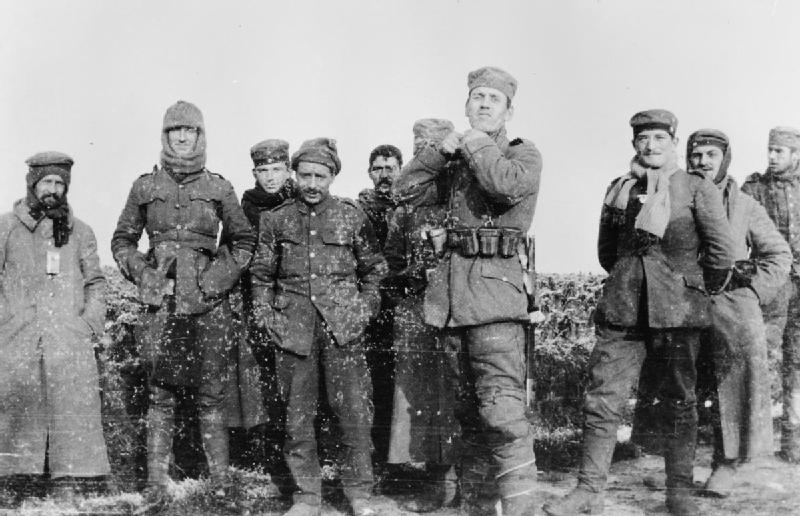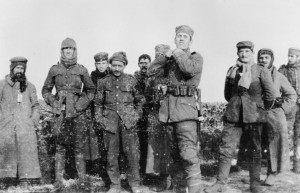By now I’m sure everyone has torn open their gifts and are watching television before preparing today’s Christmas meal. And that includes many of my non-Christian friends who now celebrate the holiday. That’s quite a change from when I was a kid and it was a religious holiday, celebrated by Christians in a solemn and respectful way. However, that isn’t the case any more and it bears some investigating.
In the 60’s and 70’s, as a kid g rowing up in Providence in a family of modest means, we used to make handmade gifts in woodworking and ceramics classes and exchange them with family members and those close to us. No one ever went into debt for buying everyone something for a holiday that was supposed to be about the birth of Christ.
rowing up in Providence in a family of modest means, we used to make handmade gifts in woodworking and ceramics classes and exchange them with family members and those close to us. No one ever went into debt for buying everyone something for a holiday that was supposed to be about the birth of Christ.
A couple of generations have passed since then, generations who through no fault of their own grew up bombarded with advertising at almost every turn of their heads. Maybe because not everyone had televisions when I was young, or maybe because we spent more time playing outside, we weren’t exposed to it as much. Now, though, the last generations have grown up in the public relations age and not enough of them were warned about the nature of that business, to influence them to buy, buy, buy.
Radio and print advertising were easy to gloss over, we could change the channel or flip the page, even early TV ads were easy to ignore. But, as the years rolled on, advertisers got more clever and the opportunities arose to hone their skills with television ads, online ads and now ads on smartphones, the succeeding generations got overwhelmed and now by into what advertisers are doing without giving it much thought.
The FCC ruled subliminal advertising illegal in 1974, but think about the aggregate damage the use of non-subliminal advertising has had on our culture. Today, advertisers have the carte blanche right to run just about any ad they want. Corporate America pumps more into advertising their products than it does to produce the goods, thereby pumping up the cost of the product and no one seems to realize the fact.
A marketing student told me just the other day that courses teach students now, just to market to the high-end buyers since the middle class and lower income ranges are already brainwashed into their buying patterns. If this cynical view is being taught in classrooms, imagine the conversations taking place in the marketing departments and board rooms all over America and beyond.
The key is education. When I was a senior at Classical High School, my English teacher, Mr. John Sharkey, took almost two weeks to explain to us the nature of advertising and the need for us to be cynical and critical of every ad we saw since the primary objective was for that ad to separate us from every dollar in our pocket. I have no idea if anyone is still including that lesson in any curriculum, my guess is that since most teachers spend way too much time teaching to a test, that this is one lesson that falls by the wayside.
Our kids need this knowledge. They need to know the difference between the Wamart commercial with paid actors playing associates telling the world what a great place Walmart is to work; and the actual working conditions and bare subsistence level most associates live while Walmart is one of the greatest recipients of corporate welfare. Young men need to know that using Axe spray isn’t going to get them attacked by a group of young women. Young women especially need to know they don’t need to look like fashion models. And everyone should know, they don’t have to go spend money for spending money’s sake just because of the birth of Christ more than 2000 years ago. Christ isn’t getting any of the money spent, it’s all going into corporate coffers.
Merry Xmas, all; and to all a good life!


